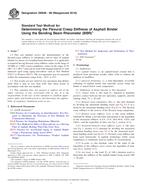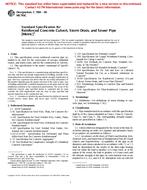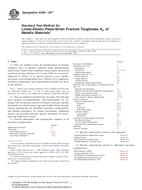1.1 This test method covers the determination of total mercury in water in the range from 0.5 to 10.0 g Hg/L (1). The test method is applicable to fresh waters, saline waters, and some industrial and sewage effluents. It is the user’s responsibility to ensure the validity of this test method for waters of untested matrices.
1.1.1 The analyst should recognize that the precision and bias of this standard may be affected by the other constituents in all waters, as tap, industrial, river, and wastewaters. The cold vapor atomic absorption measurement portion of this method is applicable to the analysis of materials other than water (sediments, biological materials, tissues, etc.) if, and only if, an initial procedure for digesting and oxidizing the sample is carried out, ensuring that the mercury in the sample is converted to the mercuric ion, and is dissolved in aqueous media (2,3).
1.2 Both organic and inorganic mercury compounds may be analyzed by this procedure if they are first converted to mercuric ions. Using potassium persulfate and potassium permanganate as oxidants, and a digestion temperature of 95°C, approximately 100 % recovery of organomercury compounds can be obtained (2,4).
1.3 The range of the test method may be changed by instrument or recorder expansion or both, and by using a larger volume of sample.
1.4 A method for the disposal of mercury-containing wastes is also presented (Appendix X1) (5).
1.5 This standard does not purport to address all of the safety concerns, if any, associated with its use. It is the responsibility of the user of this standard to establish appropriate safety and health practices and determine the applicability of regulatory limitations prior to use. For specific hazard statements, see 7.8 and 10.8.2.
Product Details
- Published:
- 01/01/1995
- Number of Pages:
- 7
- File Size:
- 1 file , 42 KB


